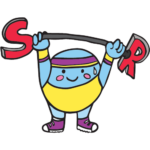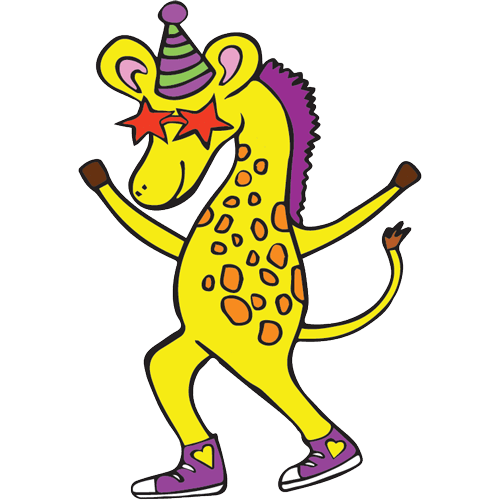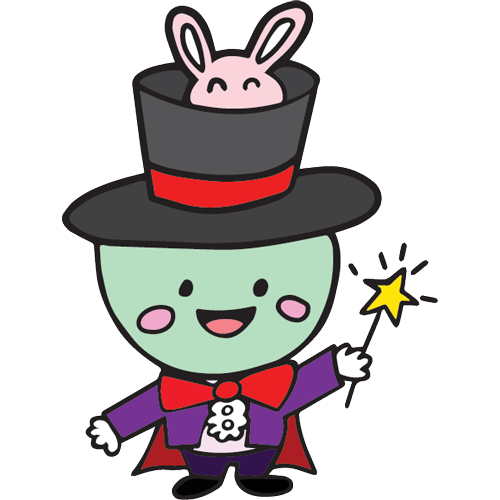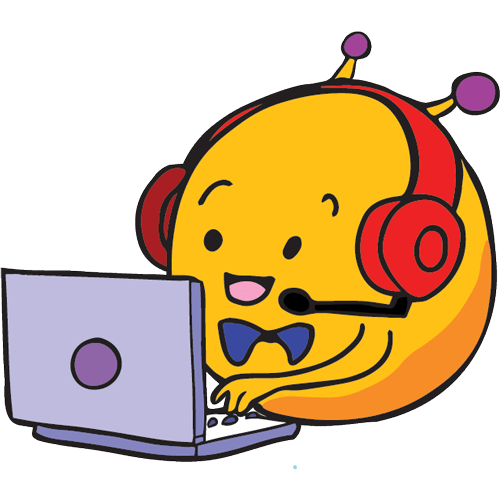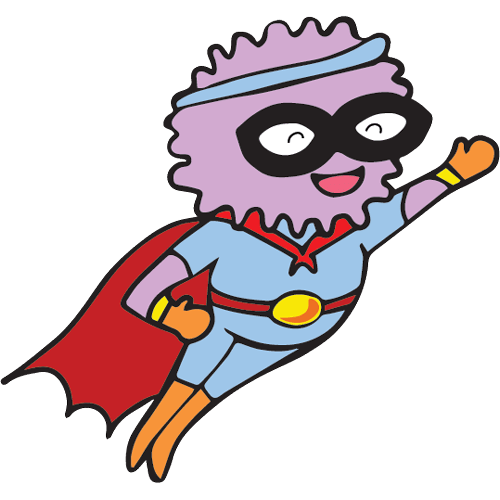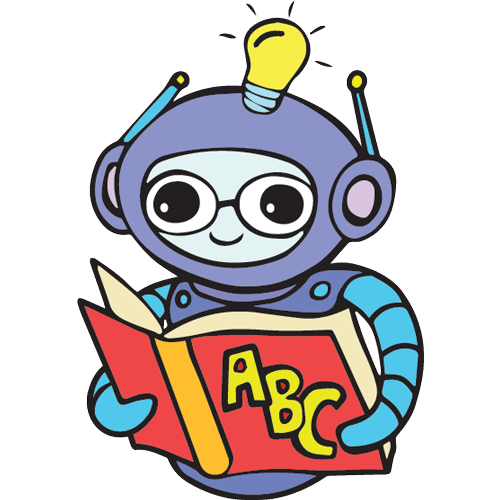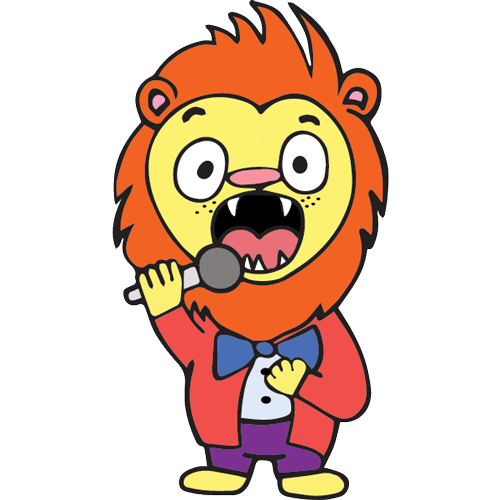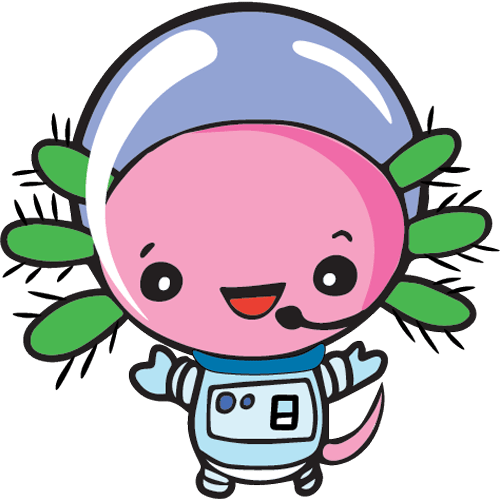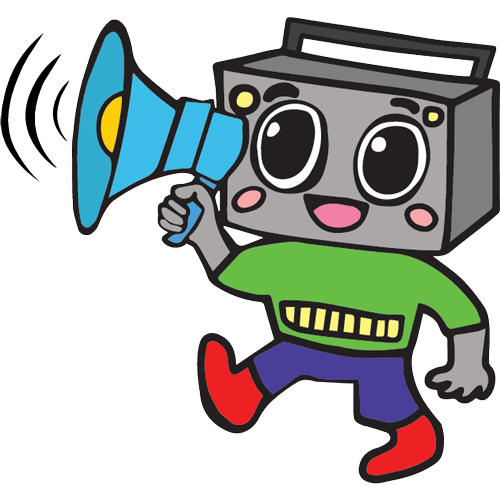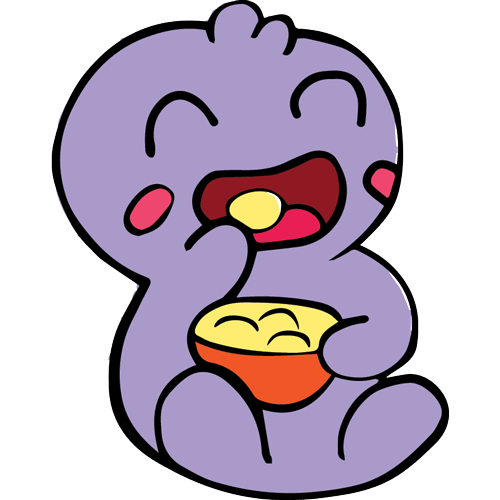Social Language Program in New York
For children needing help with social interactions, children who were isolated during COVID, and children with autism.
A comprehensive evaluation of language, communication, and voice production.
Exercises and activities to improve social communication.
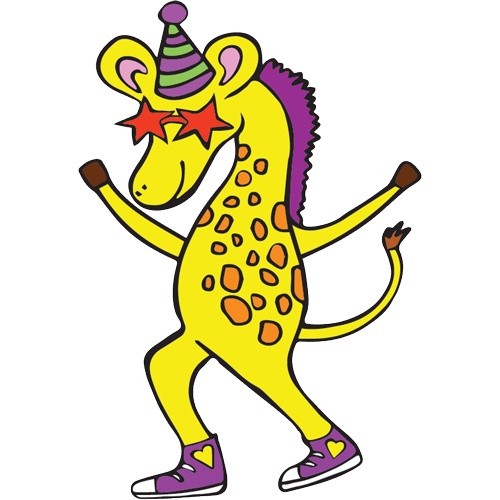
Pediatric Social Language Program
The Party Animals
Knowing how to act in various social situations can be confusing and overwhelming to some children. While they may want to connect and play with peers, family, or other adults, they may also struggle to know how to make these connections or feel anxious thinking about or trying to participate in these experiences. Many children need help understanding how to communicate and act in various social contexts. These difficulties have been magnified because of the isolation required during the COVID pandemic; however, children are resilient and can quickly strengthen their social communication skills and communicative confidence with intervention.
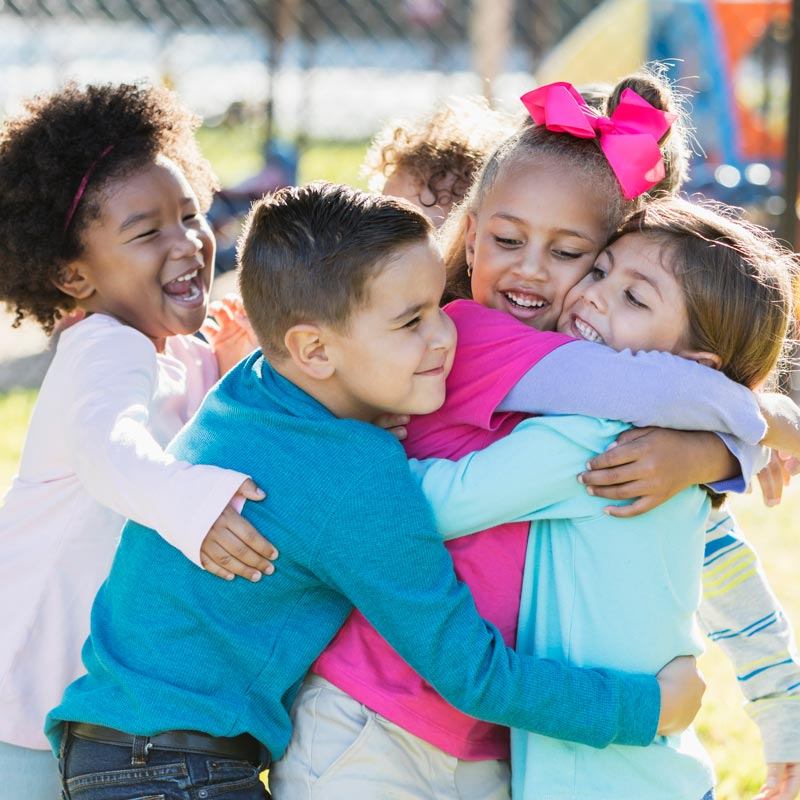
Difficulties With Social Interaction
Social communication skills, sometimes called pragmatic language skills, refer to a collection of qualities, including social cognition, listening and speaking skills, processing written and verbal information, and using written expression. These skills help us successfully navigate multitudes of social interactions. They help us know when and how to vary speech style and language according to the situation. They help us focus our attention, take the perspective of others, and effectively initiate and maintain conversations. They also help us understand and appropriately use body language, expressions, and changes in the pitch and volume of voice to effectively interact with other people. Moreover, social communication skills inform our use of appropriate vocabulary and sentence constructs.
Pragmatic Speech Therapy
This Open Lines® program is designed to enhance social participation and help children develop meaningful friendships by teaching them the rules of social communication. We combine explicit instruction with activities and games that simulate real-life situations. This approach helps children better understand social concepts and verbal and non-verbal language cues. It also helps children develop greater self-awareness and communicative confidence via opportunities to practice these skills in a variety of scenarios.
Every program begins with an in-depth assessment of your child’s overall speech, language, and functional communication skills to help the SLP understand your child’s unique needs and learning style. We work collaboratively with families and caregivers to set goals and problem-solve ways to address your child’s specific challenges to see treatment goals achieved as quickly as possible.
From making introductions to maintaining conversational exchanges, your child will be able to confidently speak in a variety of settings, gaining a deeper understanding of knowing what to say, how to say it, and when to say it. We will help your child build confidence in communicating in different scenarios so he or she has the necessary skills to create meaningful and lasting relationships.
Treating Social Language Disorders at Open Lines®
Contact Open Lines® today by phone at 212-430-6800, by email at [email protected], or through our contact form. If you are ready to take the next steps in treating your child’s social language difficulties, request an appointment to discuss your thoughts and goals and review our service options.
Get in Touch With Open Lines®


